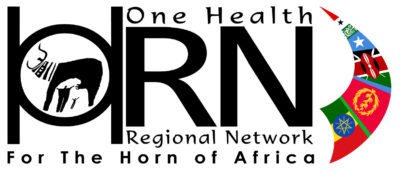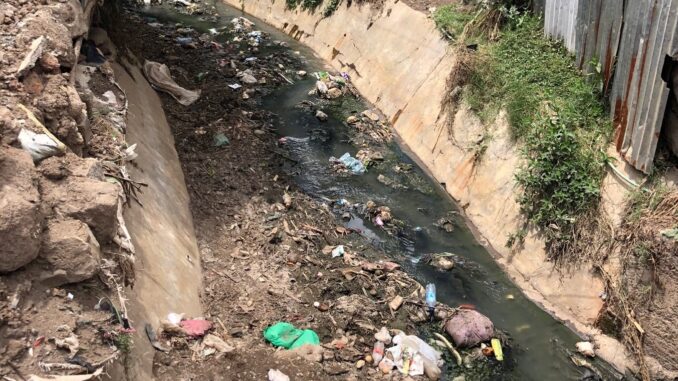
By Dr Olivia Howland
The Rongai Rivers Project (RRP) is a One Health, ethnographically led study of urban rivers in a heavily populated suburb of Nairobi, called Ongata Rongai. Despite being a microcosm of rapidly growing urban spaces across the country, this area has experienced little in the way of research. This study uses the physical rivers as the starting point for the research activities.
We have conducted a number of interviews and taken photos and video footage of the rivers, the surrounding environment, and those who use it. Some key uses of these riparian areas include farming, livestock grazing and watering, and residential spaces. Excessive water extraction, trash, and sewage, are just some of the critical dangers to this environment and the people and animals who use it. The area is important not just for livestock but a variety of wild animals who come to drink the water and to search for food: warthogs, vervet monkeys, baboons, sykes monkeys, hyenas, lions and leopard are regular users of these spaces, causing human wildlife conflict – people have been attacked and killed and crops destroyed.
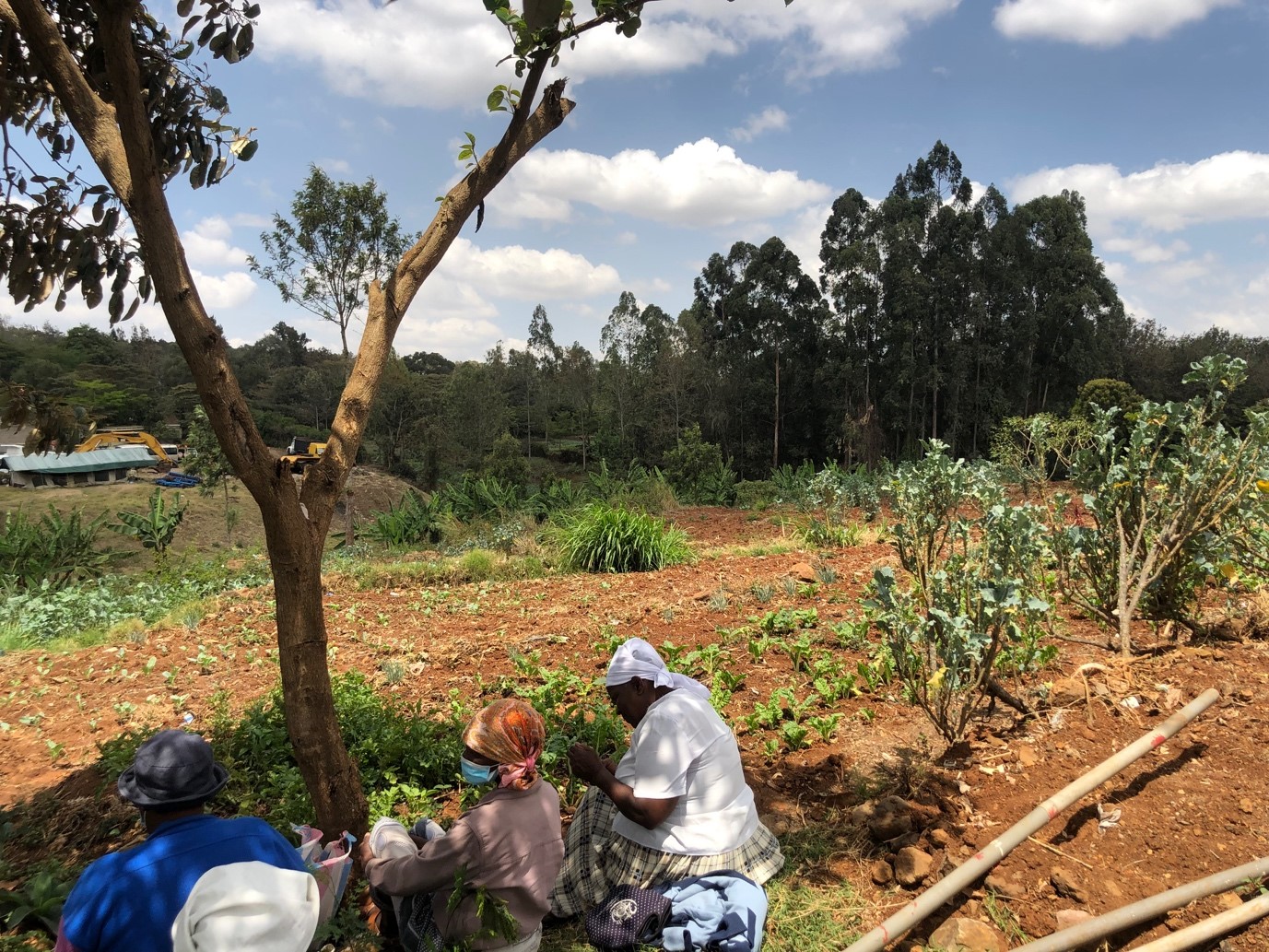
Our interviewees report significant changes in the riparian environment over the past 50 years, and very rapid changes in the past 20 years. Livestock owners report that their animals refuse to drink the river water because it smells very bad. Others report animals dying after consuming plastic waste. Women farmers describe the water as ‘poison’ because if they use it to water their crops, the crops will often wither and die.
“Environmental destruction is the preserve of the rich”, one group of women farmers told us. “We cannot afford to have septic tanks which need emptying. Rich people pay for exhauster trucks to suck out their waste, and those trucks dump the sewage in our river, the river which is essential for us to wash clothes, drink water, wash our bodies and water our crops…timber companies dump the used chemicals for treating wood into the culverts which flow to the river… the river is essential for us poor people, but they do not care, so the rich are destroying the environment which we need to survive”.
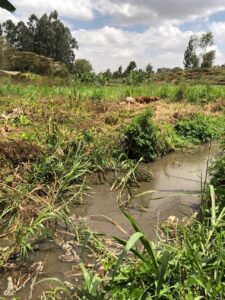
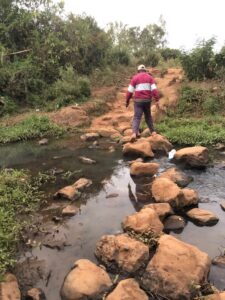
The project looks at this complex riparian environment and the animals and people who use it and live there, and by using an historical perspective to understand change, we aim to co-design – with the community – a more equitable future for all.
